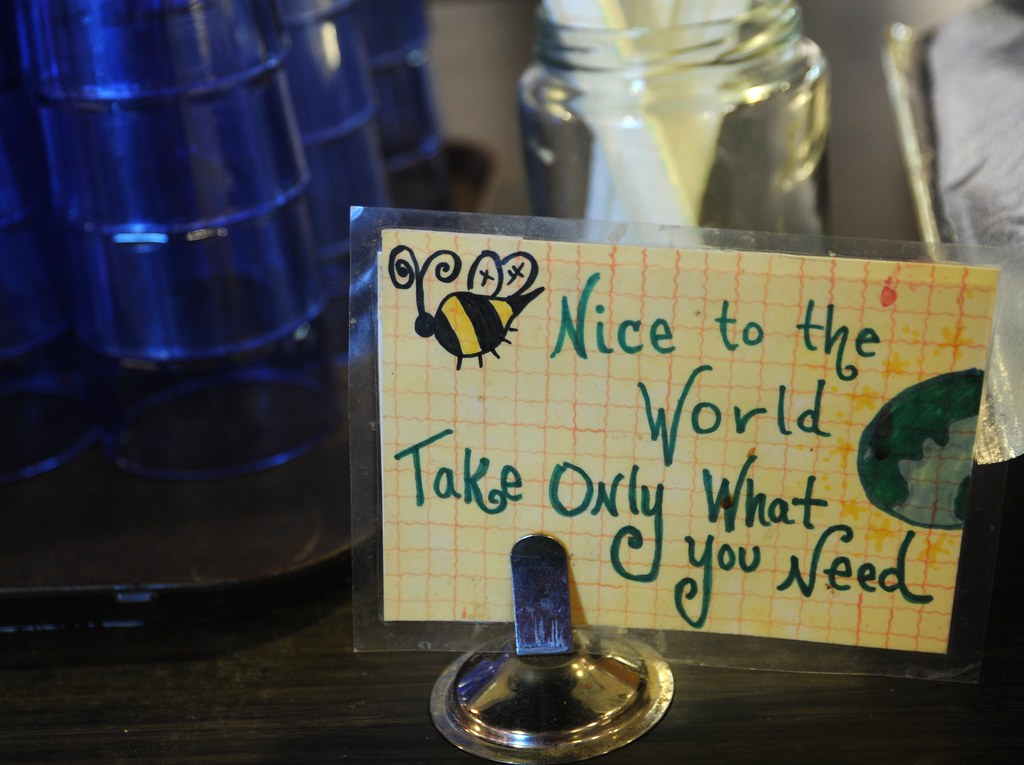
Saving the Earth as we know it involves more than just reduced carbon emissions. Most of the mainstream media doesn’t tell us that. Fundamentally, what is essential for Earth’s survival is consuming no more than what is essential to maintain our civilization.
Not just carbon dioxide
Much of the environmental degradation and species extinction we deal with has little to do with the radically increasing amount of carbon dioxide in our atmosphere. It has everything to do with destroying habitat through unsustainable farming, resources extraction, and a capitalist and consumerist culture that has often built-in rewards for consuming more.
Earth Overshoot Day has determined that July 28, 2022 was the day of the year we started consuming more than the Earth could give back for the year. Any resources we use beyond that day means essentially that we are cutting into existing resources. These are resources that will never come back. These resources include those from lakes, rivers, topsoil, mineral deposits, habitat, etc.
It might be disconcerting to realize that we cannot maintain our current Western lifestyles the way we do now if we want civilization to survive. This is a false promise that many proponents of solar and wind energy tell us. Yes, developing wind and solar energy and putting an end to fossil fuels as soon as possible is critical. But it isn’t the only solution. We need to reduce our consumption so that we leave for the Earth what is essential for Earth’s survival.
The conundrum of the century
This article linked below clearly explains the conundrum we face as we address Earth’s future. To quote the article: “This is quite the predicament. If we do quit fossil fuels overnight, huge numbers of people will starve, the global economy will crash, and civilization will most likely collapse. If we don’t quit fossil fuels overnight, or at least damn soon, climate catastrophes will rapidly grow both in frequency and intensity, and yes, huge numbers of people will starve, the global economy will crash, and civilization will most likely collapse.” It is a brilliant observation, but the article also begins to illustrate a way around this conundrum.
Critical to being an Earth Neopagan is understanding the challenges that we face today and facing them squarely. These challenges aren’t just based on individual choices, but also decisions in the areas of resource use and government policy. Us Earth Neopagans need not be martyrs in our own lives in order bring about change. But we need to be aware what is essential for Earth’s survival
